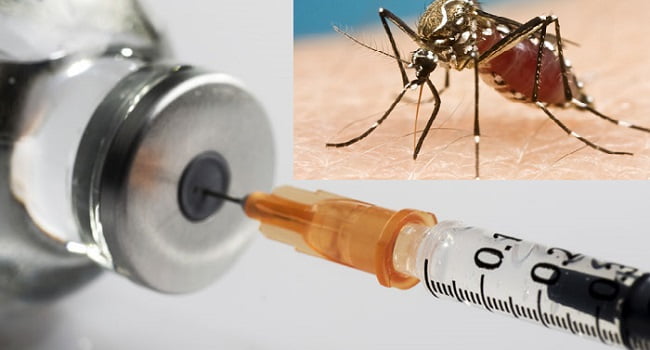In a significant breakthrough in the fight against malaria, the first-ever malaria vaccine is set to be distributed across 12 African countries, with a total of 18 million doses planned to be administered in the next two years. This milestone development brings new hope in combating one of the world’s deadliest diseases, which has claimed countless lives, particularly in sub-Saharan Africa.
Malaria, caused by the Plasmodium parasite and transmitted through the bite of infected mosquitoes, remains a major global health concern. According to the World Health Organization (WHO), malaria caused an estimated 229 million cases and 409,000 deaths in 2019, with young children and pregnant women being the most vulnerable populations.
The new malaria vaccine, known as RTS,S or Mosquirix, has been in development for several years and is a collaboration between the pharmaceutical company GlaxoSmithKline (GSK) and the PATH Malaria Vaccine Initiative. The vaccine has undergone extensive clinical trials, showing promising results in reducing malaria cases among children.
The initial phase of the vaccination campaign will be launched in Burkina Faso, Ghana, Kenya, Malawi, and Mozambique, where malaria prevalence is high. The vaccine will be given to young children, who are at the highest risk of severe illness and death from malaria. Over the next two years, it is planned to expand the distribution to additional countries, including Nigeria, the Democratic Republic of Congo, Uganda, and others.
The introduction of the malaria vaccine marks a significant milestone in malaria prevention efforts. While it may not provide complete protection, the vaccine has shown efficacy in reducing the risk of severe malaria cases and related hospitalizations, which can have a significant impact on reducing the burden of the disease. It is expected to complement existing malaria control measures, including insecticide-treated bed nets and effective antimalarial treatments.
The distribution of the vaccine will require strong collaboration between governments, healthcare providers, and international organizations to ensure its effective implementation. Efforts will be made to reach remote and underserved communities, where access to healthcare services is limited.
However, it is important to note that the malaria vaccine is not a standalone solution to eradicate malaria completely. It should be seen as an additional tool in the comprehensive malaria control strategies that include vector control, early diagnosis, and prompt treatment. Continued investment in research, development, and implementation of various preventive measures is crucial to achieve sustained progress in malaria control and eventually work towards eliminating the disease.
The introduction of the first-ever malaria vaccine brings new hope in the fight against this deadly disease. It is a significant step forward in saving lives and reducing the burden of malaria, particularly in Africa where the disease has a devastating impact. The distribution of 18 million doses across 12 countries in the next two years will play a pivotal role in protecting vulnerable populations and accelerating progress towards malaria elimination.
As the global community continues to unite efforts to combat malaria, it is vital to support ongoing research, promote access to healthcare services, and strengthen health systems to ensure effective delivery of preventive and treatment measures. By working together, we can strive towards a malaria-free future and improve the health and well-being of millions of people worldwide.



